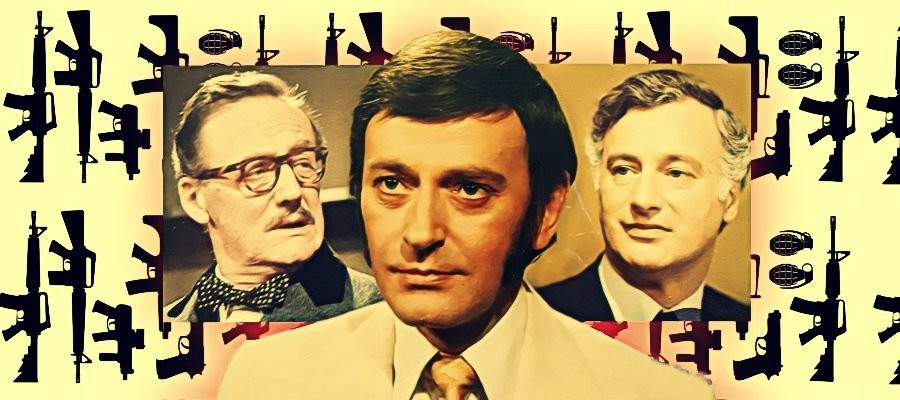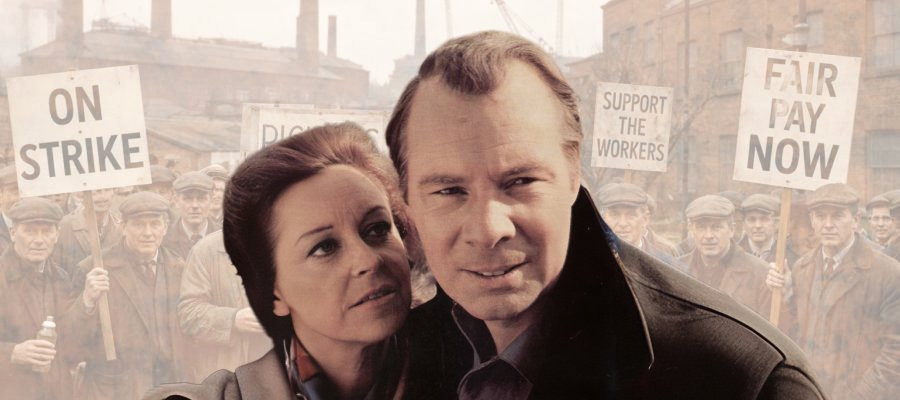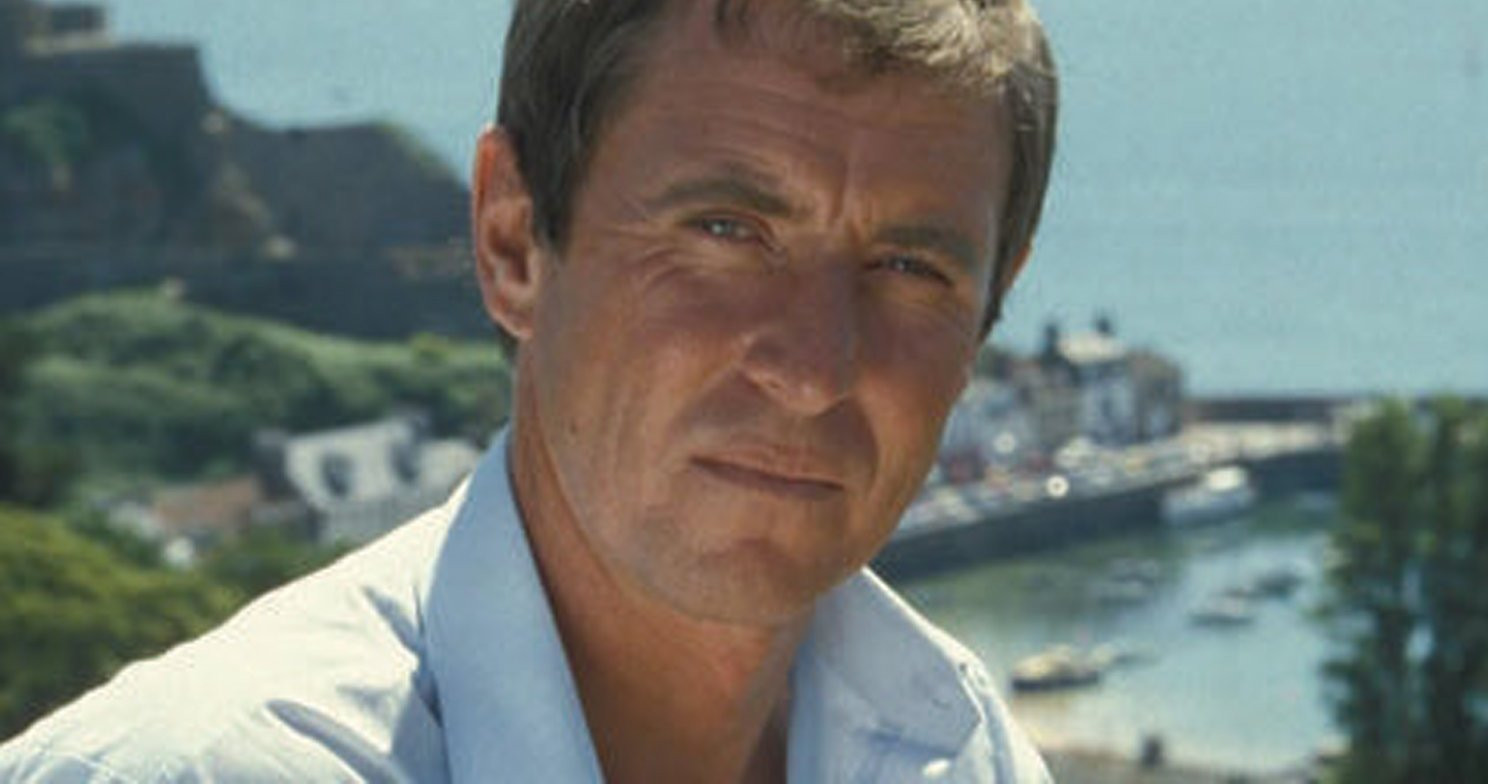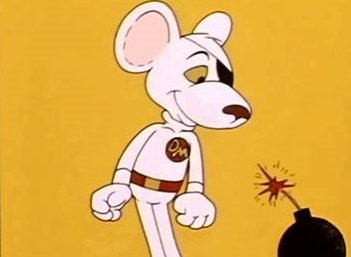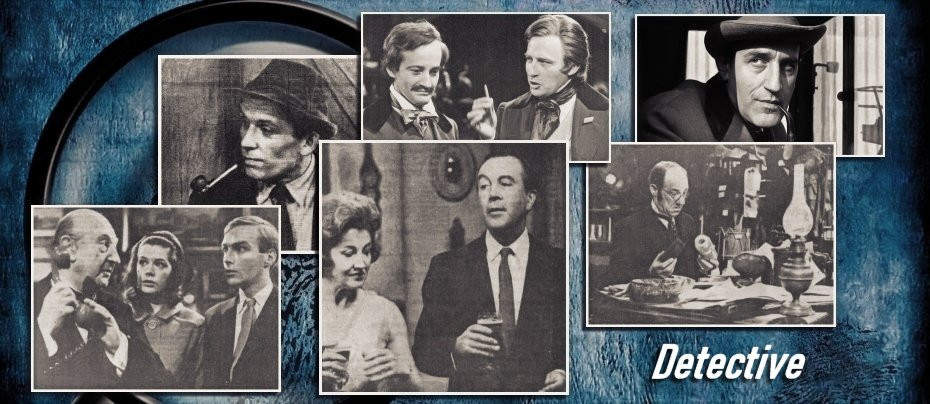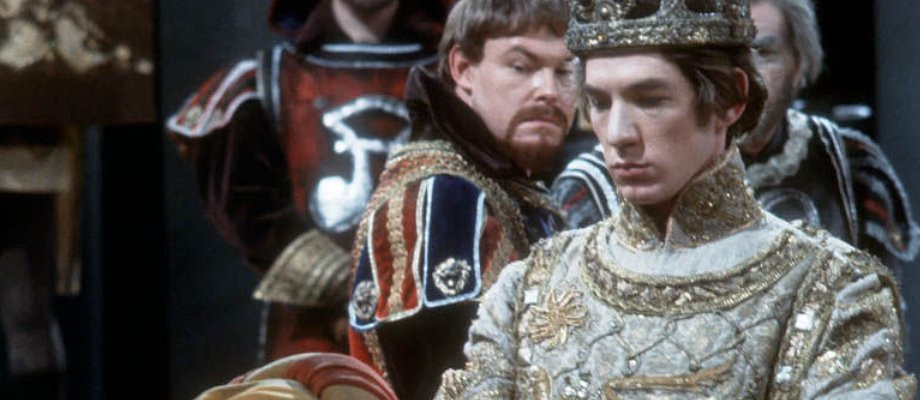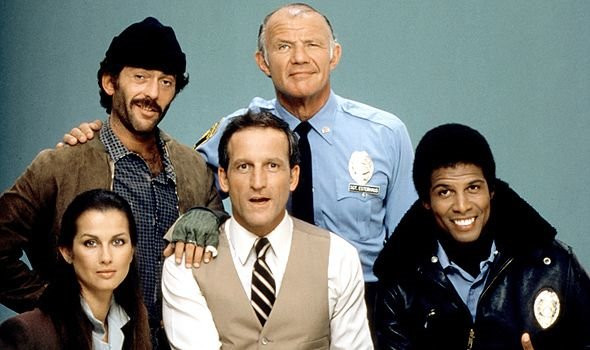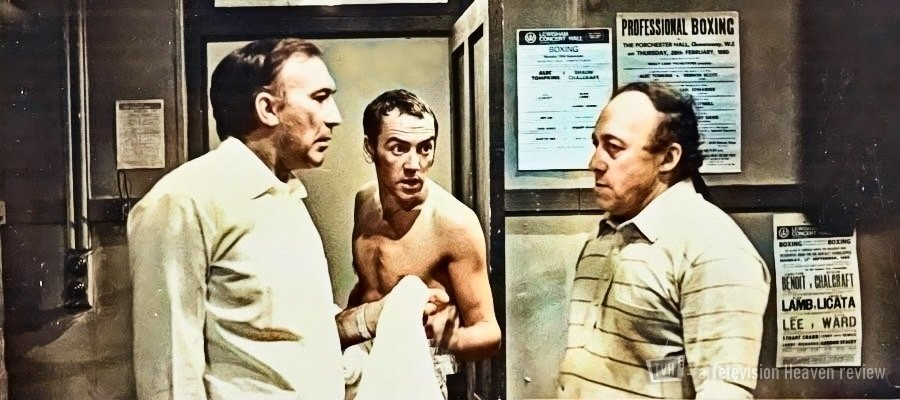
Seconds Out
1981 - United KingdomBoxing, with its mix of battered dreams and bravado, has long captivated audiences with its mythic rise-from-the-gutter narratives. Yet for all its cinematic resonance—from Rocky's blue-collar underdog to Raging Bull's operatic downfall—the sport has seldom found a comfortable home in comedy. Which is surprising, really. After all, what could be funnier than a man convinced he’s a genius while being repeatedly punched in the face?
Enter Seconds Out, a curious and largely forgotten gem from the early '80s BBC comedy stable, which dared to throw comedy into the ring with pugilism—and came out with a black eye and a grin.
Created by Bill MacIlwraith and produced by veteran Ray Butt, Seconds Out ran for two series between 1981 and 1982, comprising a neat 13 episodes, each titled like boxing rounds—a clever touch that hints at the series’ underlying structure and ambition. At its centre is Pete Dodds (Robert Lindsay), a cocky, misguided, yet oddly endearing middleweight boxer from the rough-and-tumble backstreets of Derbyshire.
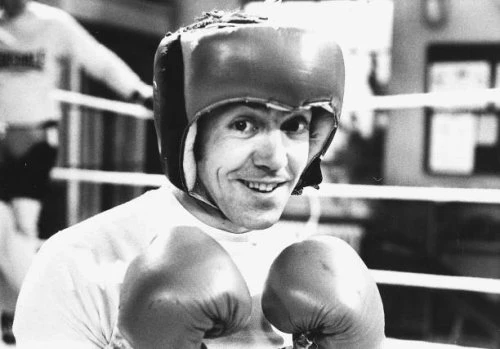
Dodds is a man convinced of his own greatness—if not as a boxer, then certainly as an entertainer. He’s less Muhammad Ali and more a working men’s club Freddie Starr, treating the ring as his personal stage. But while his buffoonery keeps the punters mildly amused, it’s also sabotaging his shot at the British title.
Enter grizzled manager Tom Sprake (Lee Montague) and his trusted trainer Dave Locket (Ken Jones), two men who see the diamond in Dodds' clownish rough. Their initial encounter is predictably disastrous—Dodds mocks Locket’s age, christening him “Granddad”—but what follows is an oddball mentorship built on grudging respect, frequent bickering, and the shared dream of boxing glory.
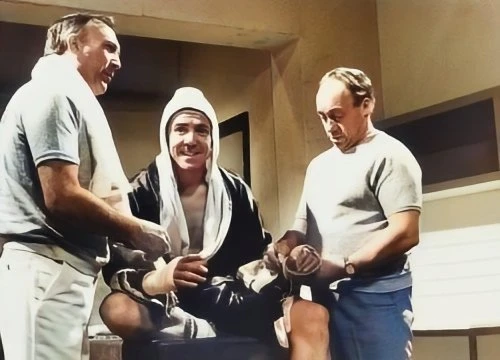
The dynamic between the trio is the series’ beating heart. Lindsay, already known to viewers as the revolutionary Wolfie Smith in Citizen Smith, brings his trademark mix of bravado and vulnerability to Dodds. He’s a deeply flawed character—irresponsible, mouthy, deluded—but Lindsay plays him with such charm that he never becomes unbearable. Instead, you root for him, not because he deserves success, but because he’s trying to be more than the sum of his own chaos.
Supporting turns from Montague and Jones provide the grit and grounding. Montague is sharp-eyed and world-weary as the manager who knows he’s backing a longshot, while Jones brings real pathos to Locket, a man who might be past his prime but still has enough fight left to train a champion.
The writing, as expected from MacIlwraith, is technically solid and character-led, with a knack for throwing dodgy promoters, naff photo ops, and seedy hotel retreats into the mix—all part and parcel of the low-rent boxing world the show captures so well. It's not all belly laughs, but Seconds Out isn't trying to be a gag-a-minute romp. Instead, it’s a character comedy that finds humour in personality clashes, small-time delusions, and the eternal optimism of men who believe they’re just one lucky punch away from greatness.
In series two, the addition of Hazel (Leslie Ash), Dodds’ bleach-blonde love interest, adds a welcome new dynamic and deepens our understanding of Dodds as someone desperate for validation both inside and outside the ring.
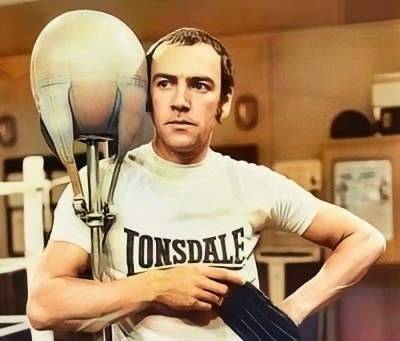
Despite its pedigree—Lindsay, Butt, MacIlwraith—the series never caught fire in the ratings. Series one vanished into the ether without repeats, and although series two scraped a single terrestrial repeat in 1983, Seconds Out has largely been lost to time, living on only through UK Gold reruns and the occasional bootleg. A shame, really, because while it may not be a knock-out, it’s certainly a spirited contender.
Its legacy is perhaps most notable for what followed. The show replaced a proposed John Sullivan sitcom, Over the Moon, which would also have starred Lindsay—this time as a football manager. With Over the Moon shelved, Sullivan redirected his energies into another little sitcom he had in mind: Only Fools and Horses. The rest, of course, is comedy history.
Seconds Out may be a footnote, but it’s a fascinating one. With its smart casting, authentic world-building, and flashes of real comedic insight, it deserves far more than the obscurity it currently languishes in. For fans of character-driven British comedy, or anyone intrigued by boxing’s grubby glamour, it’s well worth stepping into the ring with.
Seen this show? How do you rate it?
Seen this show? How do you rate it?
Published on August 21st, 2025. Written by Laurence Marcus for Television Heaven.


